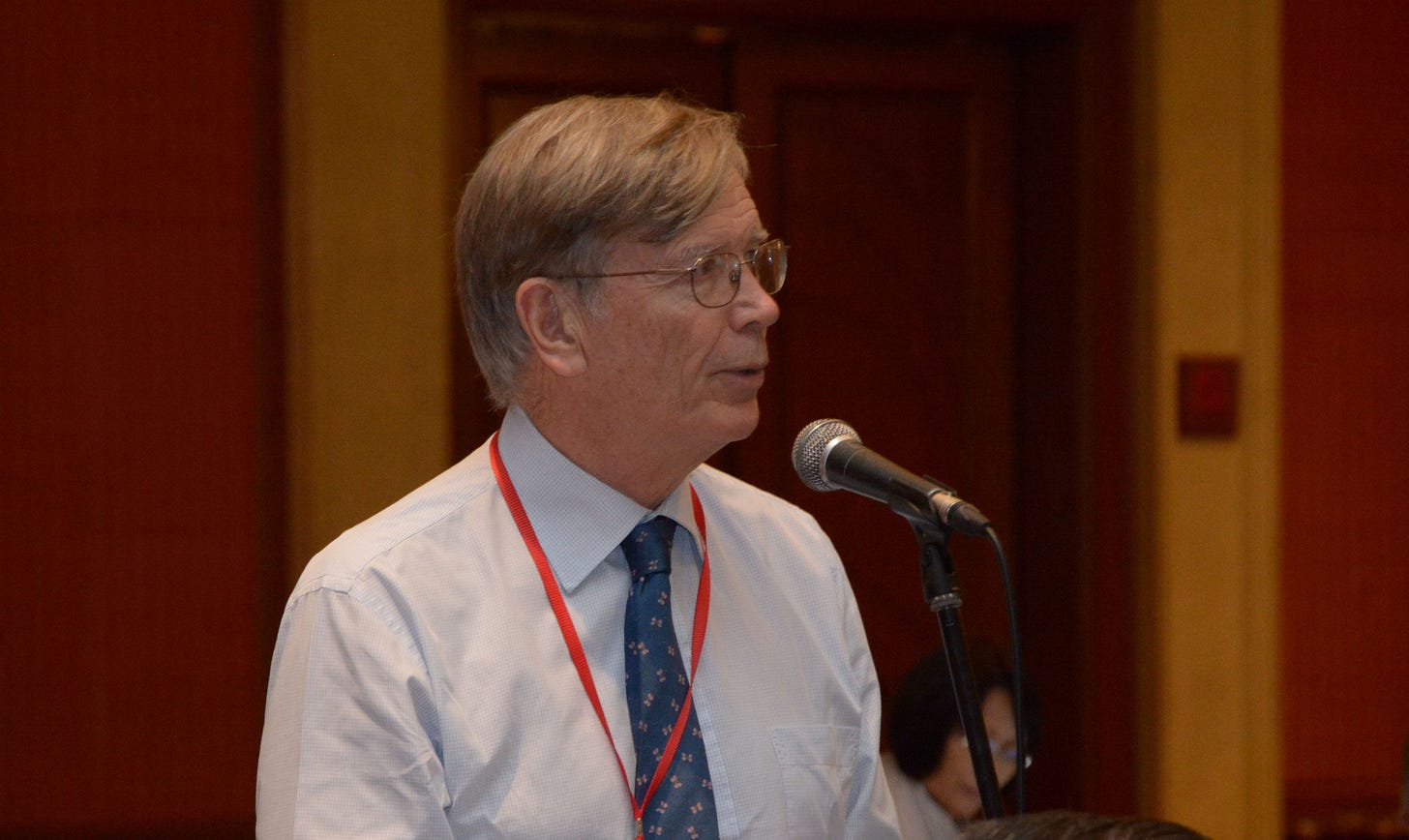Courts across the world are recognising that the environment needs constitutional protection, a former UK Supreme Court justice said last night.
In a retrospective lecture at the London School of Economics to mark his 80th birthday, Lord Carnwath CVO spoke of what he saw as one of the most important and encouraging developments during hi…
Keep reading with a 7-day free trial
Subscribe to A Lawyer Writes to keep reading this post and get 7 days of free access to the full post archives.




